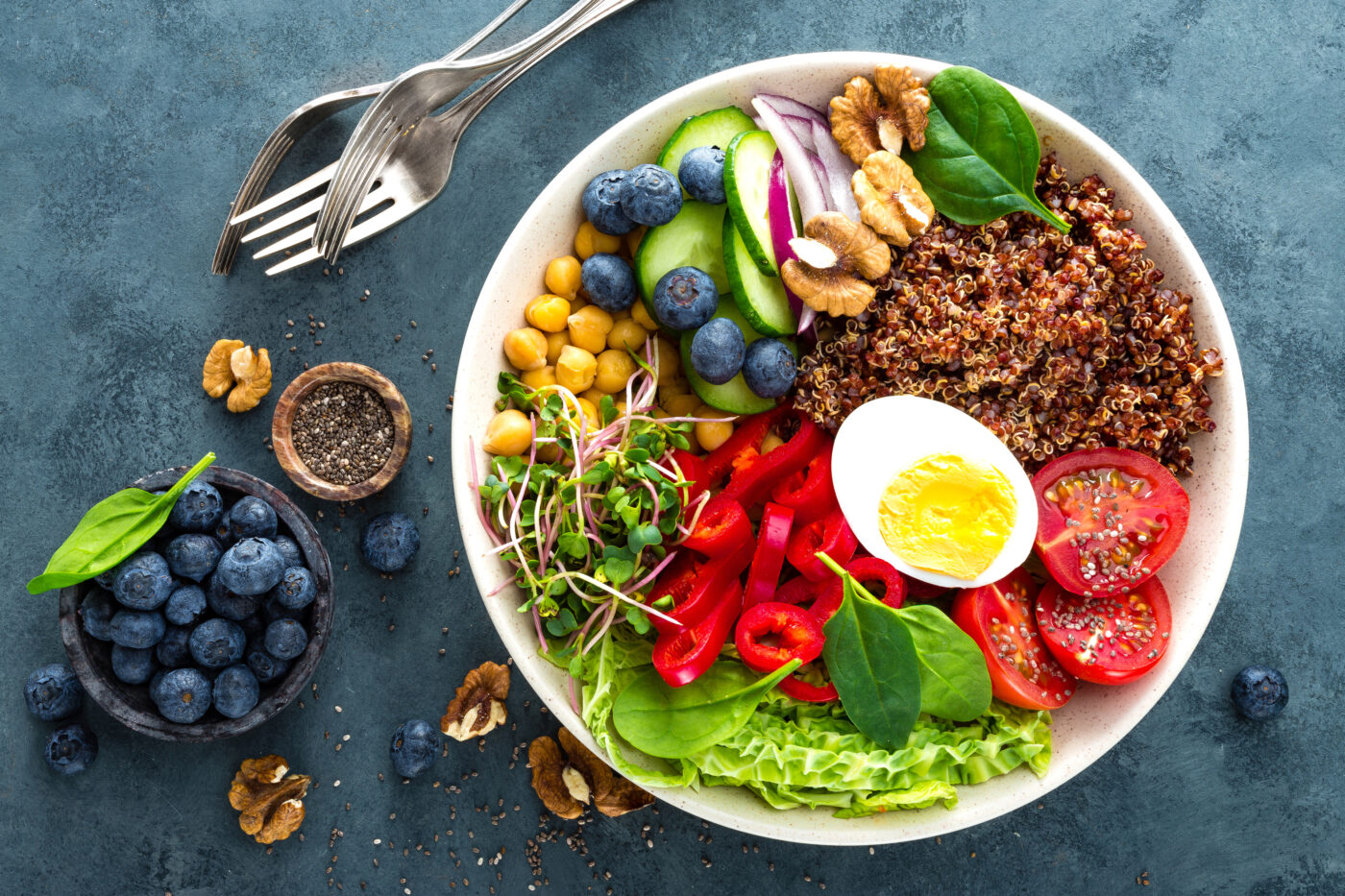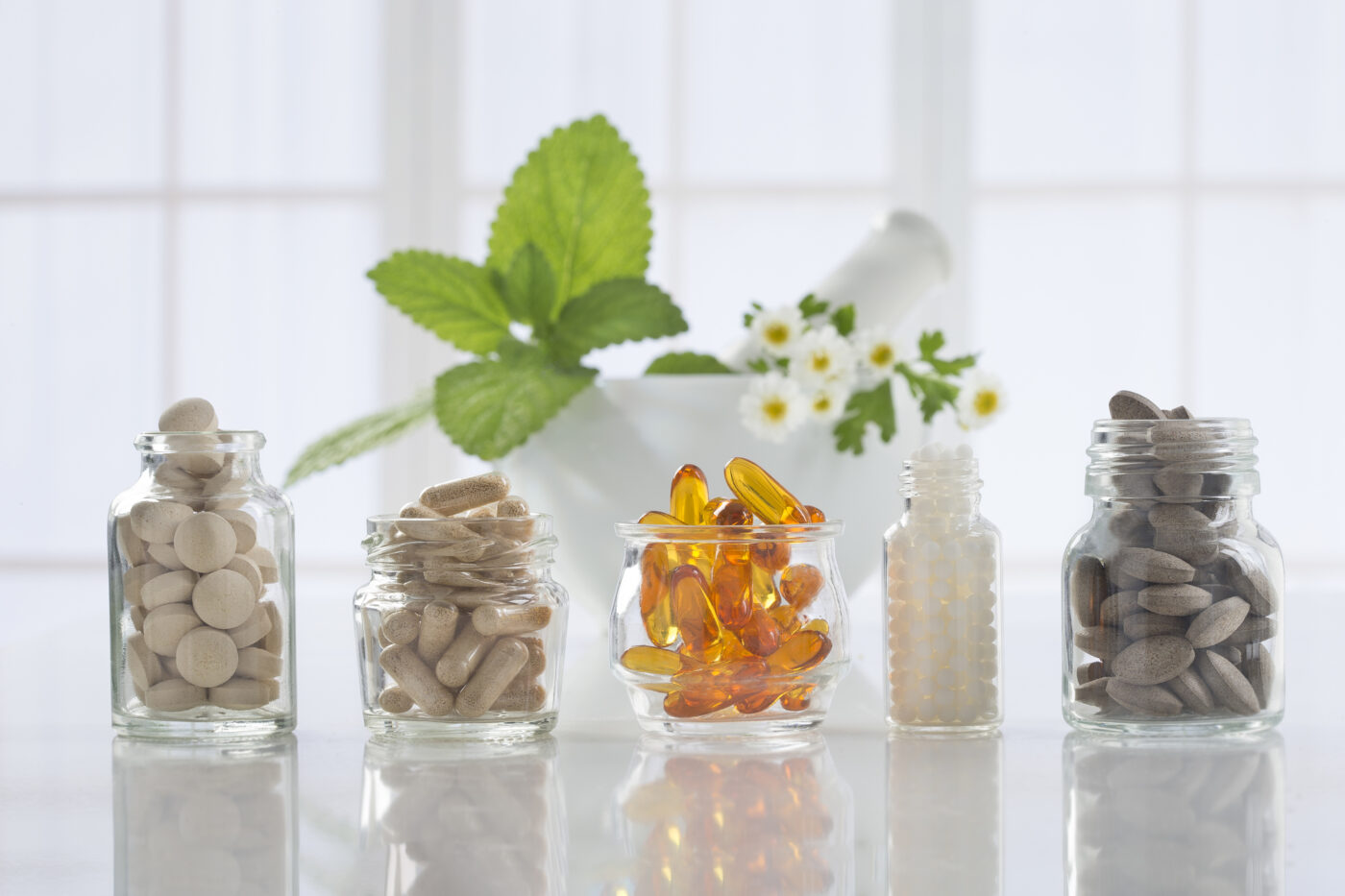Pre-workouts are extremely popular fitness supplements that many fitness enthusiasts use when they need something a little extra that will help keep them going strong throughout their workout. But as with anything, not every pre-workout is created equal.
There are loads of different types of pre-workout supplements all with different formulations and purposes. Some of the different forms include gels, shots, energy drinks, and the most popular which is the powder form. But how do you know which one you should take and what to steer clear of? You can check the ingredient list, but what should you be looking for? The list of ingredients in most pre-workout formulas is pretty extensive so we’ve come up with our own list of the 5 top ingredients you should avoid in a pre-workout.
Too Much Caffeine
Caffeine is not an inherently bad ingredient to have in your pre-workout. In truth, you’re going to be hard-pressed to find a pre-workout that doesn’t contain caffeine while still keeping its effectiveness as there are many benefits that come with this ingredient. Namely increased endurance, sharper mental focus, and delayed exhaustion. But as the saying goes, too much of a good thing can become a bad thing.
What you want to look out for are unnecessarily high amounts of caffeine. The recommended intake of caffeine per day is suggested to be around 400 milligrams (mg). Many of us underestimate the true amount of caffeine we consume every day and the effects that copious amounts of caffeine can have on the body.
Let’s say you have a cup of coffee in the morning which is equivalent to roughly 95 mg. Then later that morning you realize you’re out of coffee so you grab another. At lunchtime, you might go out to eat and your meal includes a drink, so maybe you choose tea or soda. Either of these choices can contain anywhere from 26-90 mg of caffeine. Add a pre-workout into the mix and you’ve already exceeded your daily allotment without realizing it.
When you exceed the amount of caffeine your body can safely tolerate you can experience some rather nasty side effects such as:
- Anxiety
- Stress
- High Blood Pressure
- Lack of sleep or Insomnia
- Jitters
- Muscle Breakdown
A good rule of thumb when selecting a pre-workout is to choose one with a caffeine content below 200 mg to ensure you do not exceed the recommended levels per day.
Artificial Flavors and Colors
Artificial flavors and food colors are prevalent in almost every single package of processed food on every shelf of every grocery store in the US. While most of us have heard that artificial flavors and colors are bad for you, many of us don’t know why. What exactly makes these ingredients so terrible?
Well, studies have found that on top of their carcinogenic nature, artificial food colors have been linked to ADHD in children, irritability, depression, asthma, tumors, and so many more awful side effects. The main artificial food colors you should avoid include:
- Red No. 3 & 40
- Yellow No. 5 & 6
- Green No. 3
- Blue No. 1 & 2
If the ingredient list includes any of these artificial food colors, do yourself a favor and put it back on the shelf.
Artificial Sweeteners
Just as with artificial flavors and food colors, artificial sweeteners are absolutely everywhere. Not only are they found in diet sodas, which is pretty common knowledge, but did you know that they are found in most fitness supplements on the market today? Some of the most commonly used artificial sweeteners include:
- Aspartame
- Sucralose
- Xylitol
- Acesulfame K
- Saccharin
One of the biggest concerns with artificial sweeteners is the effect they have on our body’s ability to regulate insulin and glucose levels. When we taste sweeteners, the body reacts by releasing insulin into the bloodstream attempting to guide glucose into cells. Unfortunately, artificial sweeteners do not contain any glucose to transfer, so what ends up happening is the insulin then remains in the bloodstream resulting in very high insulin levels.
This process dramatically increases the risk of developing insulin resistance which can lead to a whole host of issues such as weight gain, wreaking havoc on your gut microbiome, and turning your body into the perfect environment for developing chronic illness. You should try to avoid any of these artificial sweeteners as much as possible.
Unnecessary Fillers
Many fitness supplement companies will often add fillers to their ingredient lists and this includes the hundreds of thousands of pre-workouts on the market. Fillers are often used because they are an easy way to increase the volume of products per container without increasing the cost for the company. Never mind the cost you pay when it comes to your health as a consumer.
The goal with filler ingredients is to make the consumer think that they are getting more product per cost when what you’re actually getting is a bunch of useless ingredients with no benefits and no real purpose aside from adding volume to the product.
Maltodextrin is one such filler ingredient with its main purpose being to inflate the serving size along with extending the shelf life, thickening the product, and enhancing the flavor. It’s essentially a cheaply produced carbohydrate that negatively impacts the body by disrupting the gut microbiome, increasing blood sugar, facilitating weight gain, and having absolutely no nutritional value.
Non-Clinically Backed Formulations
To be perfectly blunt, the supplement industry is not strictly regulated, and you should definitely do a lot of research before you just start taking any supplement you hear about on Instagram or that your coworker says helped him drop five pounds in a week. It’s super important to choose a supplement that has ingredients backed by science. They should have research backing up their findings by a third-party and not just clinical studies that were funded by the supplement company that promotes the product.
When a supplement has third-party research, this creates a process of quality control that guarantees you are consuming excellent ingredients that are effective and give you the results the supplement company claims they can provide. This also helps to prevent you from wasting your money and time on a product that at best, won’t work and at worst, could cause you harm.
To recap, stay away from pre-workouts that have more than 200 mg of caffeine, artificial food colors and flavors, artificial sweeteners, unnecessary fillers, and non-clinically backed formulations that lack third-party testing. Do this and you should be able to find an effective pre-workout that can give you results without negative side effects.


